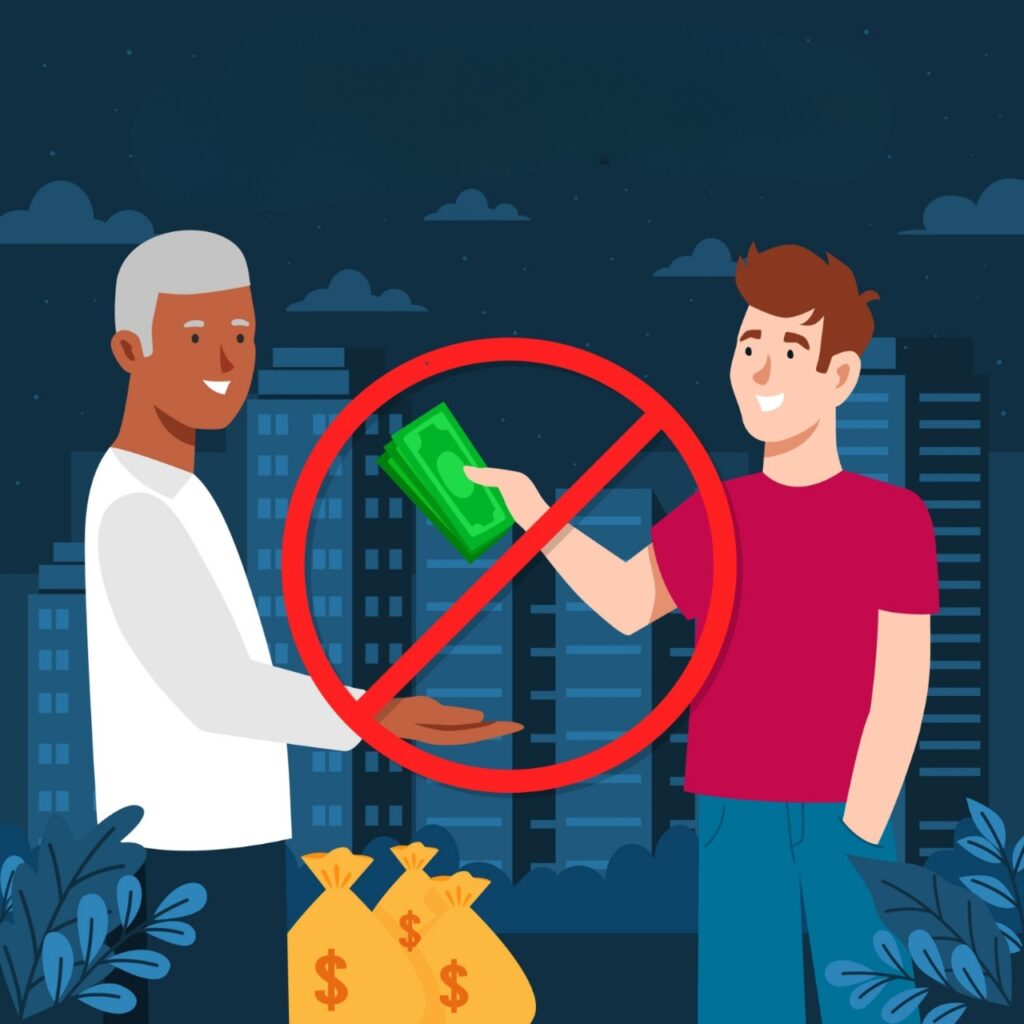Health Initiatives and Community Healthcare by NGOs
Introduction- Good healthcare is still a big challenge in many parts of India, especially in villages and small towns. Many people can’t get the medical facility they need because hospitals are too far away or the treatment is too costly. This is where NGOs help. NGOs work to make healthcare available to everyone, especially in areas where it’s hard to reach. They run health camps, bring doctors to remote places, and teach people how to stay healthy.This article will show how NGOs are helping to improve the health of communities and changing lives for the better. Why NGOs are important in Healthcare ? NGOs are very important in healthcare, especially in places where there are no good hospitals or enough doctors. Many villages and small towns in India do not have basic medical facilities, so people often travel far or cannot get the treatment they need. They organize health camps, send mobile clinics to remote areas, and give medicines, making healthcare available to people who need it the most. NGOs also teach people about health and hygiene. They explain how to prevent diseases, the importance of vaccinations, and how to stay clean and healthy. They focus on helping special groups like children, pregnant women, and people who are sick for a long time, making sure they get proper care. Sometimes, NGOs work with the government to make health programs better. They help by bringing local knowledge and support to reach more people. By filling these gaps, NGOs make sure that even those in the hardest-to-reach places can get the healthcare they deserve. Their efforts save lives and improve the health of entire communities. The Role of NGOs in Healthcare – NGOs are very important in improving healthcare, especially in places where people don’t have easy access to hospitals or doctors. They set up clinics, mobile health units, and train community health workers to bring basic medical care to remote areas. NGOs also focus on preventing diseases by teaching people about hygiene, nutrition, and staying healthy through workshops and campaigns. In emergencies like natural disasters or health crises, NGOs act quickly to provide medical help and supplies, saving many lives. They also organize special programs like free surgeries, mental health support, and maternal care to help those who need it most. Along with providing healthcare, NGOs work to make the system better by training local health workers and speaking up for fair policies. They run vaccination drives and educate people about fighting infectious diseases. By bringing healthcare to rural areas through mobile clinics and telemedicine, NGOs help reduce the gap between cities and villages. Their work ensures more people can live healthier lives, no matter where they are. Conclusion- NGOs are really important in bringing healthcare to people who need it the most, especially in faraway areas. They provide medical care, teach people how to stay healthy, and help during emergencies. By working closely with communities, NGOs make sure that everyone can live a healthier life. Their work saves lives, helps people take care of their health, and creates lasting positive changes in communities.
Health Initiatives and Community Healthcare by NGOs Read More »



